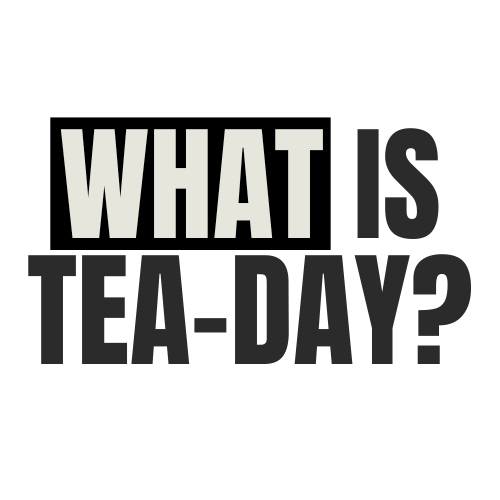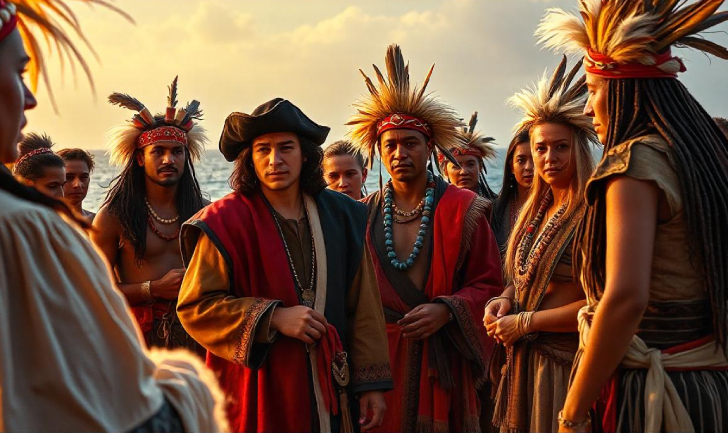Second Monday of October
Both Columbus Day and Indigenous Peoples’ Day reflect different interpretations of American history and culture. While Columbus Day celebrates exploration and discovery from a European perspective, Indigenous Peoples’ Day recognizes the resilience, culture, and history of Native Americans, highlighting the impact of colonization on Indigenous populations. Many people, organizations, and governments are increasingly recognizing Indigenous Peoples’ Day as a more inclusive and historically conscious observance.

Columbus Day
What It Celebrates: Columbus Day commemorates the landing of Christopher Columbus in the Americas on October 12, 1492. It celebrates the exploration and the establishment of lasting connections between Europe and the Americas.
History: Columbus Day became a federal holiday in the U.S. in 1937. It was initially celebrated by Italian-Americans as a way to honor their heritage, as Columbus was Italian. The holiday also emphasizes Columbus’ role in opening up the Americas to European colonization.
Controversy: In recent years, Columbus Day has become controversial due to Columbus’ treatment of Indigenous peoples and the long-lasting negative impact of European colonization on Native American communities. Critics argue that the holiday glorifies the colonization, exploitation, and suffering of Indigenous populations.
Indigenous Peoples’ Day
What It Celebrates: Indigenous Peoples’ Day is a holiday that celebrates and honors the cultures, histories, and contributions of Indigenous peoples in the Americas. It serves as a counter-celebration to Columbus Day, focusing on the resilience and survival of Native American communities in the face of colonization.
History: Indigenous Peoples’ Day was first proposed in 1977 at a United Nations-sponsored conference on discrimination against Indigenous populations in the Americas. In 1992, the city of Berkeley, California, became the first in the U.S. to officially replace Columbus Day with Indigenous Peoples’ Day.
Adoption: As of 2024, numerous states, cities, and local governments in the U.S. have adopted Indigenous Peoples’ Day in place of or alongside Columbus Day. These include states like Alaska, Maine, New Mexico, South Dakota, and Oregon, as well as cities like Los Angeles, New York City, and Washington, D.C.


